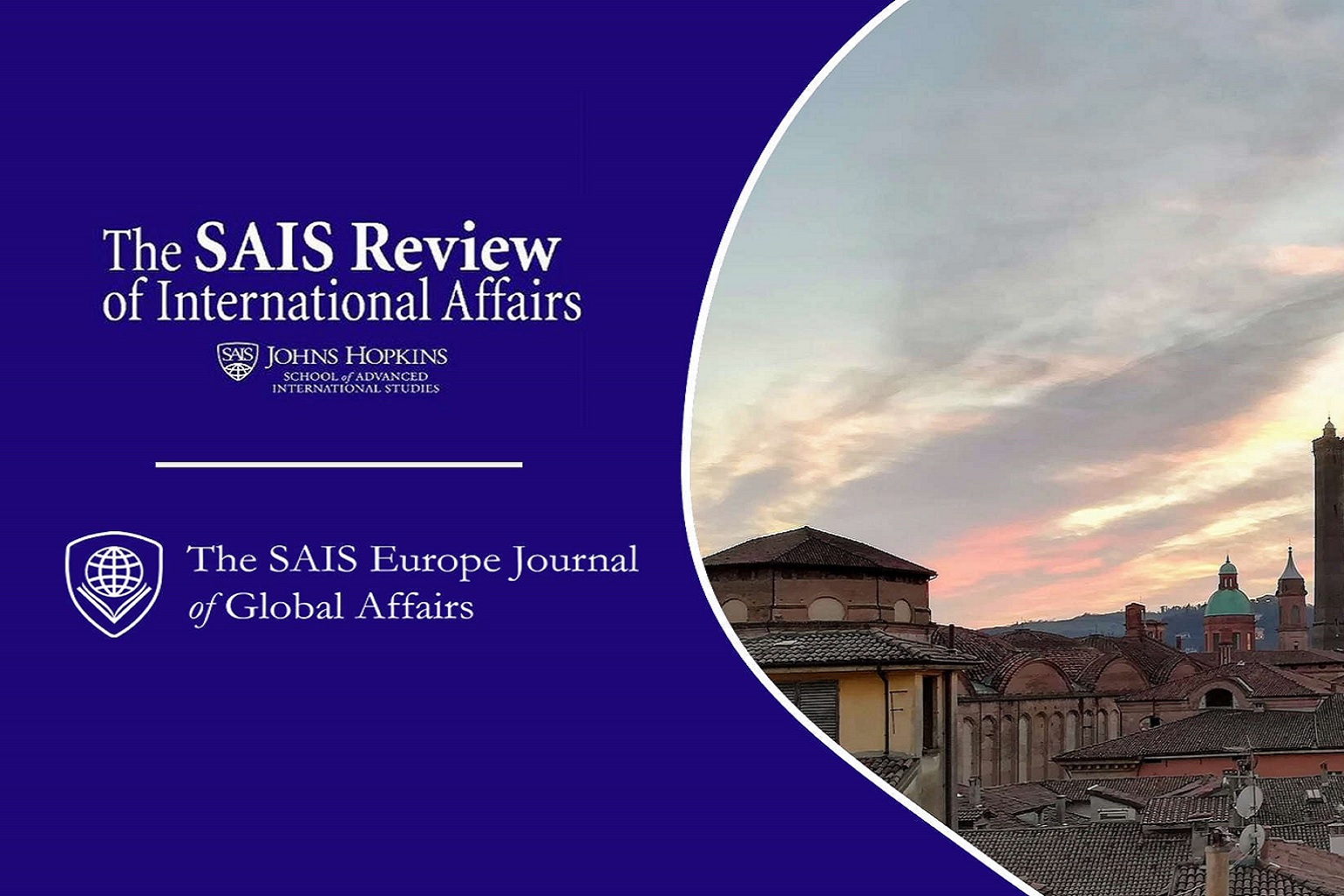
Tag Russia

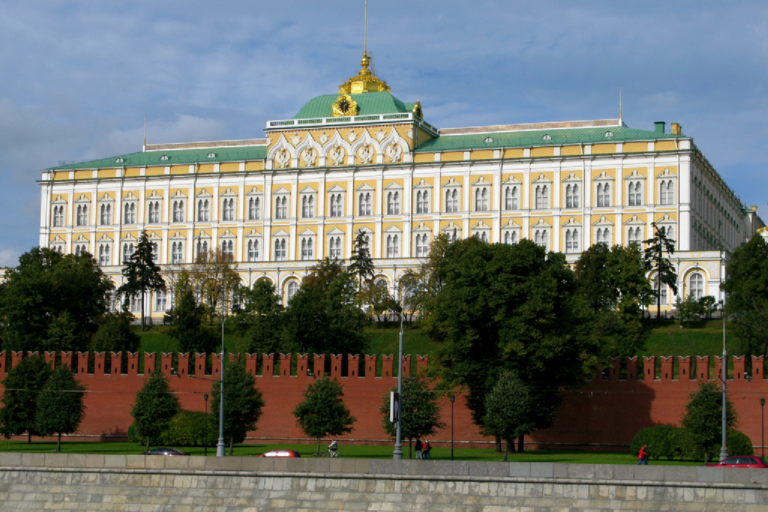
‘Not in Our Name:’ Why Russia is Not a Decolonial Ally or the Dark Side of Civilizational Communism and Imperialism
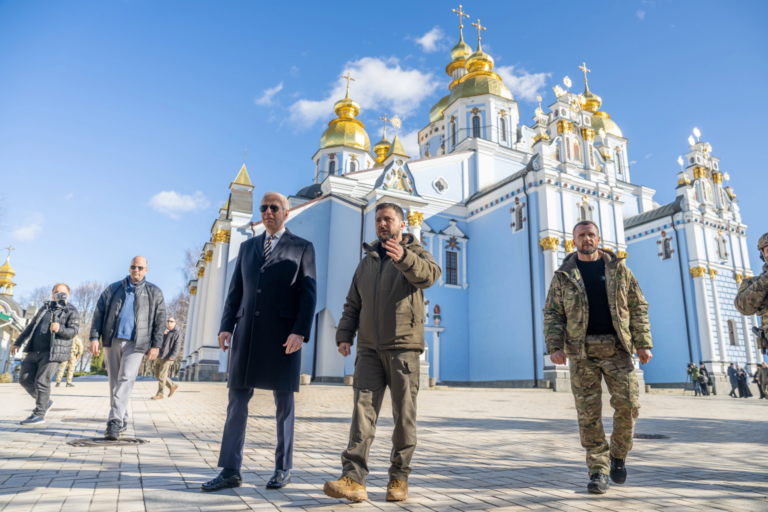
Johns Hopkins SAIS Faculty and Fellow Reflections: The War in Ukraine at One Year
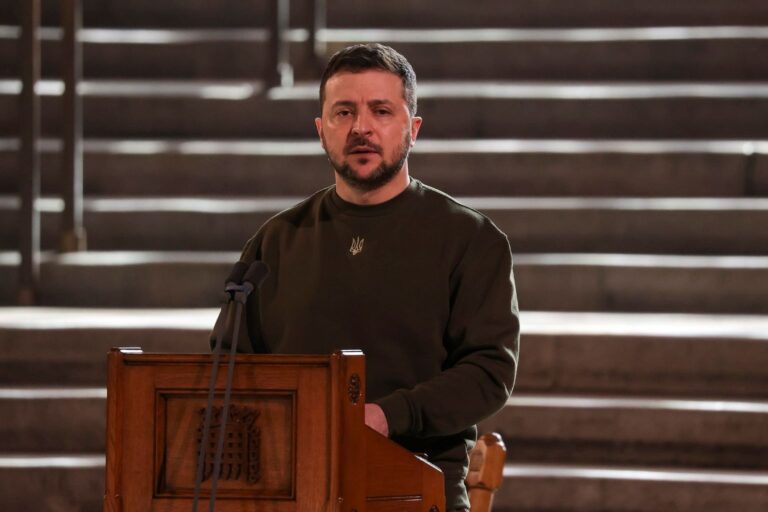
The Kyiv-Kosovo Catalyst: Ukraine’s Recognition of Kosovo Can Affirm Western Order in the Balkans and Across Europe
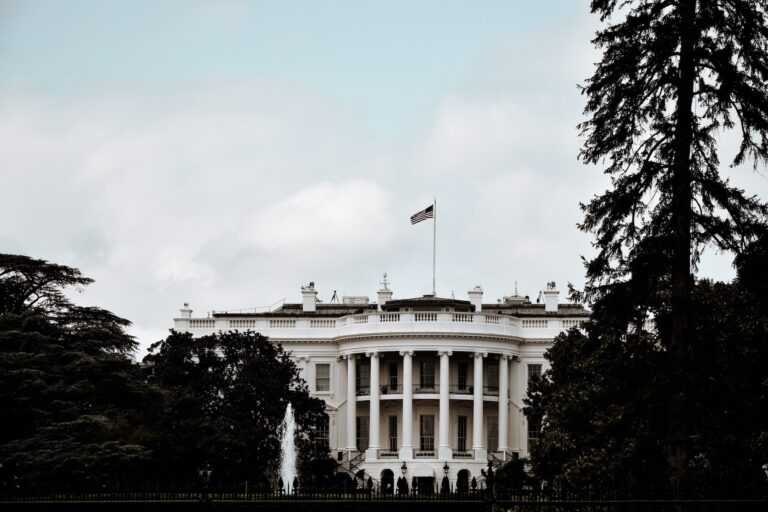
Will Biden’s New Truman Doctrine Offset the Sino-Russian Pact?

How to Weaken the China-Russia Axis: Historical Lessons from Great-Power Competition
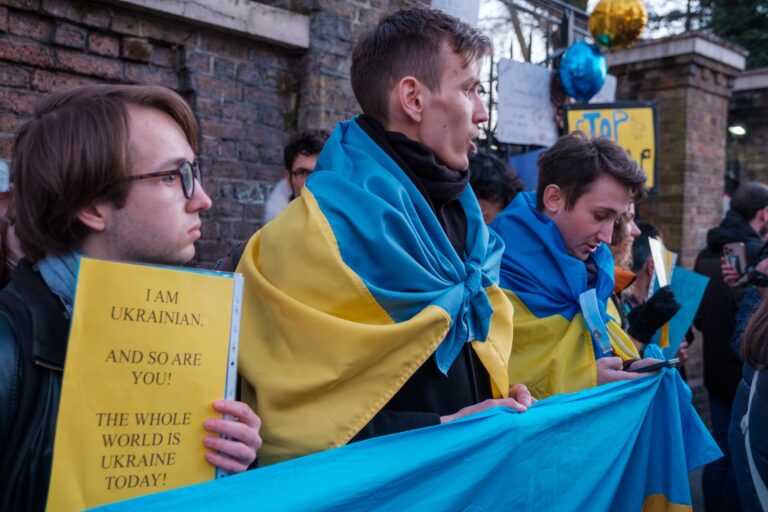
We All Are Ukrainians

Europe’s Borderlands and China’s Challenge: Why War in Ukraine Matters

Summons to Appear: NotPetya and the War Exclusion Clause
A Post-Arms-Control World: The United States, Russia, and a New Policy Paradigm after the INF
As this historically significant arms-control treaty unravels, two of the world’s superpowers are heightening the potential for military conflict.
Prisoners of the Caucasus: Protracted Social Conflict in Chechnya
In Pushkin’s 1822 poem, Prisoner of the Caucasus, the epilogue proclaims, “And the violent cry of war fell silent: All is subject to the Russian sword. Proud sons of the Caucasus, You have fought, you have perished terribly.”[1] The political overtones of the poem’s dénouement are jarring compared to the poem’s earlier verses on romance, natural beauty, and the heroism of the Caucasian people. But the poem’s ending reveals the complicated position of the region in Russian history and culture. The Caucasus is simultaneously a place to be controlled, otherized, and romanticized.
Middle Powers to the Rescue?
For seven decades, the United States has prided itself in being a reliable and committed NATO partner, willing to protect all allies at all times. Today such assurances no longer appear rock-solid. ... In this context, one is reminded of Czech-born writer Milan Kundera’s insightful words regarding the fate of small countries: “What distinguishes the small nations from the large is not the quantitative criterion of the number of their inhabitants; it is something deeper: for them their existence is not a self-evident certainty but always a question, a wager, a risk.”
